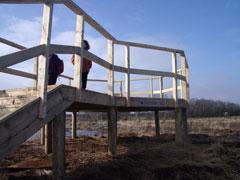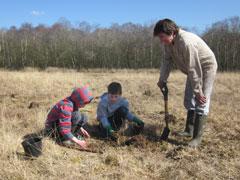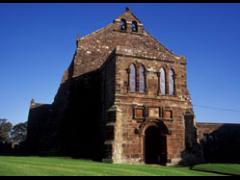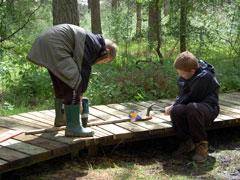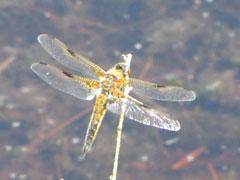This project aims to preserve skills which are needed to maintain the unique landscape of the Solway. Training is being provided in several areas:
- The North Cumberland style of hedgelaying, in conjunction with the Solway Coast AONB hedgelaying competition in February each year;
- Pond restoration to conserve the declining village, garden and farmland ponds
- Cobble walling traditionally found on hedge “kests” (banks) using local stone from the beach
- Orchard management training with an apple celebration day to provide the skills needed to maintain existing orchards and inspire others to develop.


